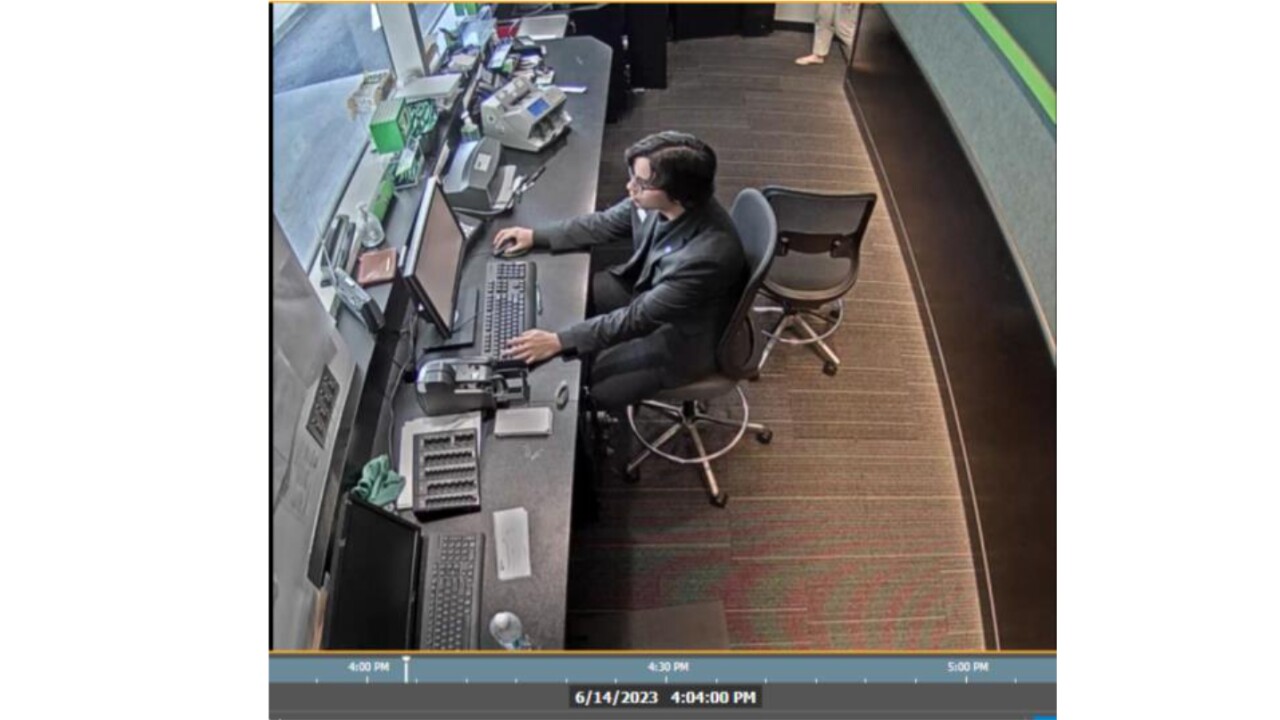The Federal Reserve Thursday issued enforcement actions against four former bankers for misappropriating sensitive bank information and barred one from further employment in the banking industry.
The Fed said in a consent order that John Freeze, a former employee of the Bank of Jackson Hole — a Wyoming-based bank with $656 million of assets — had "received over 280,000 electronic documents" including those containing confidential supervisory information belonging to the Fed Board of Governors, shortly after being terminated by the bank. The order forbids Freeze from working at any insured depository institution, bank holding company or subsidiary.
The Fed also issued enforcement actions against three former employees of Farmers and Merchants Savings Bank, a $737 million-asset bank based in Manchester, Iowa. The employees — Randy Johnson, Chad Kellogg and Jeffrey Hines — had each left Farmers and Merchants to work at a nonbank financial institution that is not supervised by the Federal Reserve and "misappropriated FMB confidential information to facilitate the transferring of FMB customers to the other financial institution," according to the Fed's consent order.
Johnson, Kellogg and Hines were not prohibited in their orders from working in the financial industry, but are required as part of any such employment agreement to furnish their consent orders to their prospective institutions and abide by all rules and regulations pursuant to such employment. Each was also fined $50,000 as part of the consent order.
The enforcement actions come as the Federal Reserve is under increasing pressure to more tightly control confidential supervisory information after a
Republicans in Congress
"We do not wish to believe … that these disclosures were done deliberately in an effort to advance a particular policy agenda," the lawmakers said in the letter.







